Why are we running this project?
Forests act as carbon sinks and provide habitats for a multitude of species. They also play a vital role in diverse ecosystem services and are a source of subsistence for around 1.6 billion people. In order to effectively protect the climate and secure the livelihoods of people worldwide, we must protect primary forests and significantly reduce deforestation.
In the Mercosur economic region, large forest areas are being cleared for cattle pastures and soybean cultivation. As the EU and China are the world’s largest import markets for beef and soy, they can help make great strides in protecting these forests by creating deforestation-free supply chains.
The EU is currently discussing specific approaches to creating agricultural supply chains that are deforestation-free. This topic is also gaining momentum in China. The project ties in with this current discourse and helps to create a constructive, transregional exchange about effective approaches and frameworks to create supply chains on the basis of well-established German-Chinese relations. The NGO Germanwatch e.V. is the implementation partner for this project.
What are our goals?
The aim is for all agricultural commodities destined for the Chinese and European markets to derive from deforestation-free supply chains in the future. The focus is on supply chains for soy and beef heading from the Mercosur economic region to the EU and China. However, the frameworks being created are also expected to have a positive long-term impact on supply chains for other commodities and regions.
The project promotes a common understanding of the key aspects and current challenges associated with global agricultural supply chains. Therefore, the project analyzes the levers to achieve deforestation-free supply chains currently being discussed in the EU and China. In addition, the project will involve making recommendations within the public debate on the subject, enabling political decision-makers within the EU to advocate for effective measures to limit deforestation in supply chains. At the same time, political decision-makers in China are also being made aware of the issue and effective solutions are being discussed with them.
How does the project work?
The project aims to create a transnational network of stakeholders from civil society, science, business and politics, who have already been working on isolated aspects of supply chains and deforestation, so that joint solutions can be developed. This network will include perspectives from the EU, China and the Mercosur countries.
Support will also be provided to carry out policy analyses to illuminate the approaches being discussed in the EU and China that aim to mitigate deforestation in supply chains. Measures will be devised based on these analyses, and then policy recommendations and solutions will be developed accordingly.
